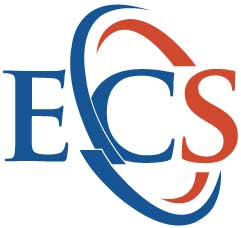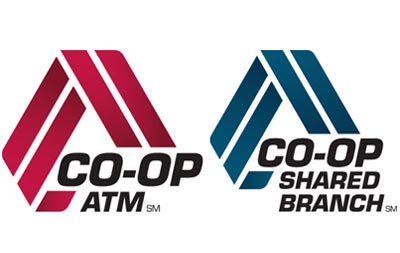Credit unions are similar to traditional banks in the sense that both institutions offer financial products to customers. Credit union members, like bank customers, have access to checking and savings accounts, CDs, loan products, and credit cards.
Credit unions differ from banks in two distinct ways:
- A credit union is a not-for-profit institution. Since credit unions operate as nonprofits, they can offer higher interest rates on savings accounts and CDs, and lower interest rates on loan products and credit cards.
- Credit unions are member-focused institutions. A credit union is a cooperative, which means it is owned and operated by its members, as opposed to being owned by its stockholders like a bank. Your initial $5 membership deposit makes you a part owner of the credit union and gives you a say in the credit union’s decisions. You become a Member-Owner.
Because of this ownership structure, potential members must meet membership requirements to open an account. For example, East County Schools Federal Credit Union only accepts as new members school district employees and volunteers and their immediate family members from San Diego’s East County schools. However, once you are a member, you are always a member, regardless of whether you change careers or retire.
Why Choose a Credit Union?
Higher Interest Rates
Credit unions typically pay higher interest rates on all deposit accounts including savings, money market, and checking accounts. These rates range anywhere from 2 to 200 times the amount in interest you would receive from your local commercial bank. Check out our 4.00%APY eChecking Account
Lower Loan & Credit Card Rates
This is one of the largest benefits of a credit union membership. Because of a credit union’s unique ownership structure, we don’t have to abide by loan restrictions and qualifications mandated by some far-away corporate home office. And being a not-for-profit organization means a credit union doesn’t have to charge exorbitant interest rates, either.
Lower Fees
Credit unions have few fees compared to banks. We offer 30,000 fee-free Co-Op ATMS to use nationwide and shared branches. We offer checking accounts with no minimum balance and without a monthly account servicing charge. This could save you hundreds of dollars a year. Credit unions do charge bounced check and overdraft fees like traditional banks, but the amount is typically less.
Customer Focused Banking
Because our members own the credit union, member goals aren’t at odds with “management.” Therefore, the credit union has more incentive to provide low rates, fees, and great customer service.
Service
We have a robust mobile app and online banking service. But our smaller size really shines when you call or enter the branch. Our Member Service Representatives know most members by name and a human will answer the phone during business hours when you call. And how many banks have a Credit Union to You (CU2U) program where a representative will come to your office for free?
Flexibility
If you have a tarnished credit history or employment issues, or lack a large balance, most banks will deny you a loan or credit card. Because credit unions are smaller and have a member-focused philosophy, we are more willing to work with you even if you have a unique financial past. A credit union may also make exceptions for existing members in good standing should any unexpected issues arise with your application for a loan or credit.
Safety
Banks and credit unions can both keep your money safe. If an institution fails, under current law, both FDIC and NCUA provide government backed coverage up to $250,000 per depositor per institution. In most cases, your account ends up at a new institution, and you have the same account number and account balance as before.







